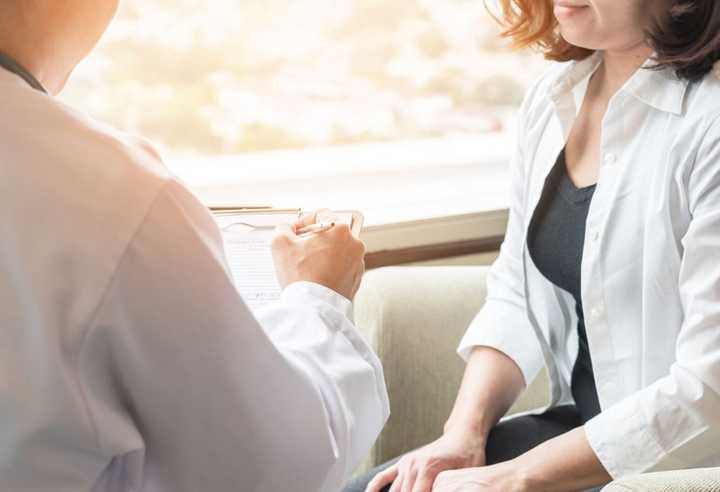My mom and grandmother both had breast cancer. I’m assuming it’s genetic, but I’ve never gotten the test to confirm. Should I get tested—and how can I reduce the risk of getting it myself?
Sincerely,
“Concerned and Curious”
Dear Concerned:
I understand why you’re worried.
Anywhere from about 5% to 10% of all breast cancer cases are hereditary—meaning they’re caused by a gene mutation passed on from a parent. The most common of these are mutations in the BRCA1 or BRCA2 genes, which cause about half of all hereditary cases. If there is a family history of breast cancer at an early age (before the age of 50) or two relatives from the same side of the family (for example, your maternal aunt and maternal grandmother) have had it, you should ask your doctor to refer you to a genetic counselor. They can review your personal and family health history more closely and, if you and your counselor feel it’s appropriate, order genetic testing.
When we do genetic testing, we frequently screen not only for the BRCA1 and BRCA2 mutations, but also other rarer ones, such as ATM, TP53, PALB2, and CHEK2. These all raise breast cancer risk, although usually not as much as the BRCA mutations. For example, in the general population about 2%, or one out of 50 women, develop breast cancer by the time they are 50. If you have a CHEK2 mutation that risk rises to about 3% to 5%, depending on the type of mutation. While that may seem alarming, it is still much lower than a BRCA mutation, where the risk of developing breast cancer by age 50 is anywhere from 25% to 40%.
For a woman with a lower risk mutation, we might recommend starting yearly mammograms a little earlier than age 40 and adding in other screening tests, such as a breast MRI. A woman with a higher risk mutation might consider a medicine such as tamoxifen or raloxifene, which reduces breast cancer risk by blocking the action of estrogen in breast tissue. If the concern is high, I may even recommend discussing the option of having a preventive double mastectomy. That might sound drastic, but preventive surgery can save lives—especially when you take into account that the risk of developing breast cancer at some point in your lifetime if you have a BRCA mutation can be anywhere from 65% to 80%. Even in the setting of a BRCA mutation, mastectomy is not the only option. Intensive screening and medication approaches can also be appropriate.
If you do undergo genetic testing and don’t have any of these mutations, that doesn’t mean that you’re completely in the clear, either. There may still be some genetic mutations we just don’t know about. Having any first-degree relative (mother, sister, or daughter) with breast cancer almost doubles a woman’s risk, according to the American Cancer Society. And if you have two first-degree relatives, that raises it threefold. That’s why it’s so important to talk with your health care provider to understand your risk of breast cancer and which of these approaches might reduce your risk.
And of course, regardless of your family history, you should always take steps to reduce your breast cancer risk. This includes a yearly mammogram beginning at age 40 and lifestyle measures, like staying at a healthy weight, limiting alcohol to no more than a drink a day, and engaging in regular exercise.
